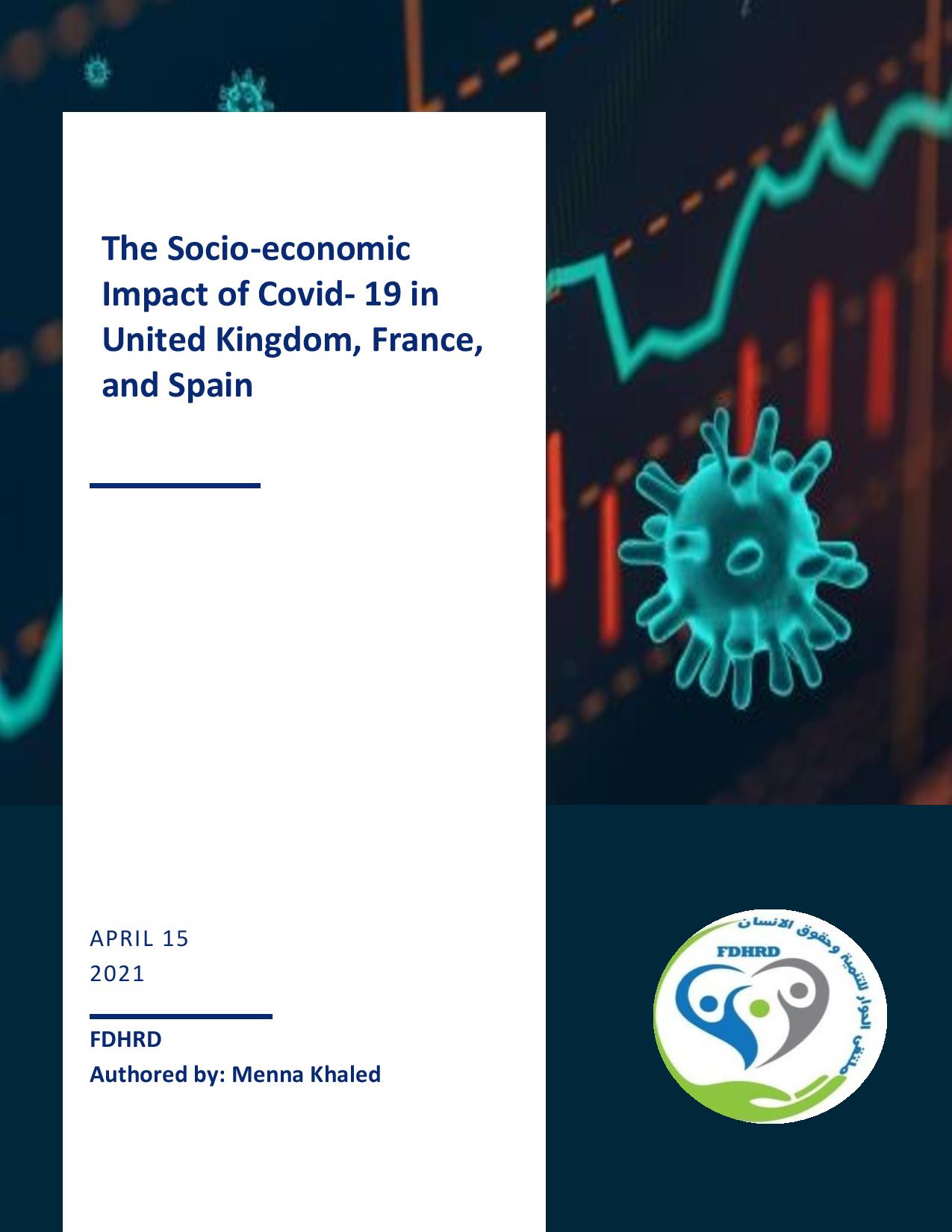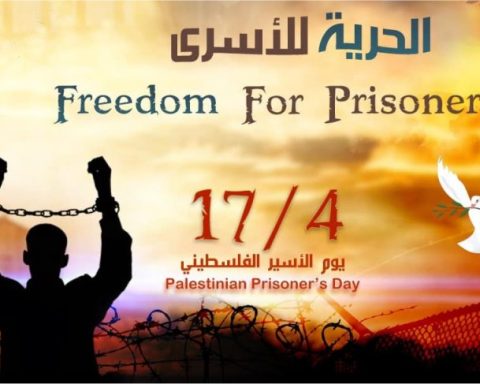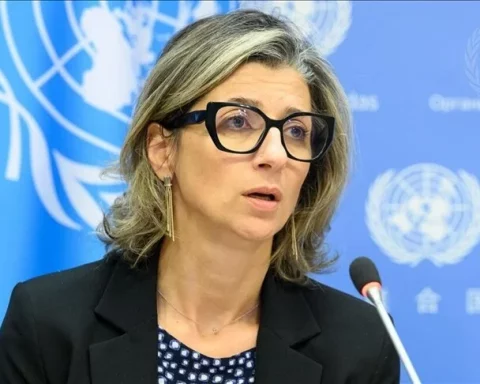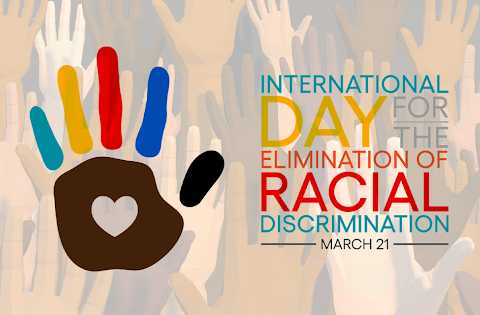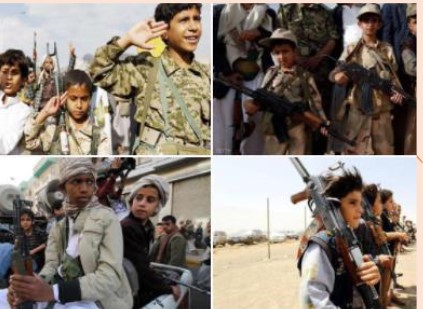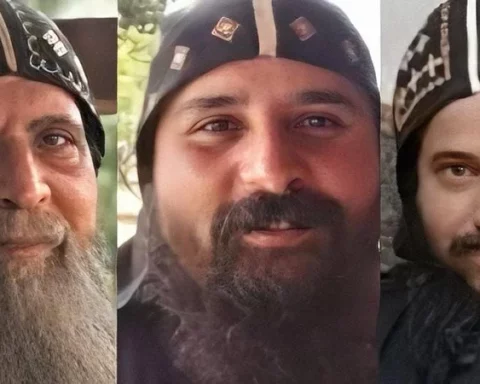Wednesday, April 14, 2021
Press Release
————————————————————
On Wednesday, April 14, 2021, the “Counter-Terrorism Observatory” of The Forum for Development and Human Rights Dialogue issued report on “The role of governments in combating extremism in Sahel countries.”
The report stressed that the phenomenon of terrorism represents the main consequences of the peace, national integration, nation-building, and management efforts across the continent, and in the last five years, the continent has witnessed an unprecedented rise in terrorist operations and groups across the continent, according to the global terrorism Index 2019 of the top 50 countries in the world facing terrorist activities there are 18 African countries.
The report explained that the Sahel region is considered one of the poorest regions of the world and therefore it is fertile ground for terrorism where the Sahel region gives terrorist organizations a great opportunity to establish their so-called Islamic state after the major defeats they suffered in Syria and Iraq and the activities of the terrorist organization and its terrorist operations doubled during 2020 and the presence of ISIS in the West African region brings it close to the main goal of returning to the “Arab region”.
The report noted that the security of African countries is no longer an internal problem with the spread of cross-border conflicts, as it has become an expression of the organization of a group of states belonging to a single geographical region under political, security, and military cooperation between states to combat terrorism.
With regard to the challenges facing the Sahel region, the report explained that they include the growing terrorist threat, organized crime, climate change and its effects on water resources, population expansion, and migrant smuggling, as well as the fragility of the border between the Sahel states due to the inability of central governments, the expansion of internal and ethnic conflicts, the weakness of joint labor institutions, the reduction or withdrawal of foreign military forces from the Sahel and the poor coordination between international actors, as well as France’s intention to reduce the number of its 5,100 military forces in the region to make room for reinforcements from other European countries.
The report on African government actions against extremist groups referred to the African position in dealing with extremist organizations such as the movement of leaders of some African governments, particularly Nigerian President Muhammadu Buhari, to fight and eliminate terrorism. Under the umbrella of the African Rapid Intervention Force (ASF), which can help simplify the special nature of the current tasks of some African countries in their response to terrorist threats, a working group has been formed comprising all parties involved in combating terrorism, including the Military Staff Committee of the Peace and Security Council, regional bodies and security cooperation agencies of the African Union, as well as the Alliance for the Sahel, a group aimed at coordinating support for financiers who work every day in Sahel Region
Concerning foreign expertise supporting countering terrorist groups, the report stated that the Sahel region represents a special interest for France at all levels, so French forces have intensified their military operations against terrorist leaders in the Sahel region, as well as the U.S. “bilateral multilateral” initiatives to cooperate with Sahel and Sahara countries and the presence of aid in Mali, Burkina Faso, Senegal, Cameroon and Niger, as well as the U.S. support project to restore security and stability in Somalia and the presence in the Horn of Africa.
EULEX also focuses on training the Malian armed forces and aims at putting Mali in a position to ensure security and peace, the German armed forces are involved with reconnaissance forces, property protection and support, airborne reconnaissance is carried out by drone, and soldiers provide air transport to patients and logistical support to their soldiers and partner countries.
According to the report regarding the role of the African Commission for Human Rights and Countering Extremism, the heads of state of the five countries of the Five-Nation Group of the Sahel region officially announced the formation of a joint cross-border force in Bamako on July 2, 2017, to join forces in combating security threats in the Sahel and the UN Security Council approved the formation of this joint military force by resolution 2359 of June 21, 2017, which France supported.
Concerning the role of the African Union and the fight against terrorism in the Sahel countries, the report explained that the African Union Peace and Security Commission announced the completion of arrangements for the deployment of an African force of 3,000 African troops, supported by a European military force to confront terrorist groups in the Sahel region.
The two teams also held the special session of the Executive Council of the African Union, which was held on December 3, 2020 via video technology under the slogan: “Silencing weapons in Africa in the horizon of 2022”, and proposed three main themes:
- Stop the growth of terrorism by combating extremism by activating the three mechanisms (prevention, education, and development);
- Combating the illegal flow of small-caliber light weapons by strengthening national monitoring systems, exchanging information between the interests and neighboring countries concerned, and developing a clear and accurate policy for African Union peace support operations.
- The need to pay special attention to the refugee issue when dealing with ways to silence weapons, stressing that this will not be achieved as refugee camps continue to exist in a number of areas in Africa, including the Tindouf camp (southwestern Algeria).
With regard to the role of theUnited Nations and the Security Council in the face of terrorism, the report explained that the United Nations plays an important role in supporting African countries of the Sahel to confront terrorist organizations and perhaps the most prominent efforts of the United Nations, for example:
- MINUSMA has the primary objective of protecting civilians and UNITED Nations personnel, logistical support for the Five Sahel Regional Intervention Force, stabilizing key population centers, and providing administrative support for mail’s stability in various areas, including finances, human resources, and procurement, as well as concluding a service level agreement between the two missions and assisting the Malian police and law enforcement institutions in improving their capacity to carry out drug control operations, criminal investigations, and border control.
- The role of the UN Counter-Terrorism Office is to provide training in counter-terrorism, policing, preventing extremism, managing border security, preventing the presence of extremists, respecting human rights principles in the fight against terrorism, coordinating counter-terrorism activities in the Sahel region, and implementing the 2018 UN strategy, among the requirements adopted by the need to strengthen the role of civil society, both in combating extremism and other roles.
On the other hand, the report also noted that the L.A.B. Council played an important role, calling on the Council to develop a range of measures that take into account counter-violent extremism programmes, and in 2017 the Joint African Force of the Five Sahel States was formed from 5,000 members by UN Security Council resolution with French support and with the full adoption of the AU Peace and Security Council and highlights the role of the Security Council is cooperating with regional and subregional organizations.
With regard to the development of counter-terrorism strategies to implement the 2063 agenda, the report noted that the continental organization is facing a major challenge to implement the 2063 agenda, with the African continent witnessing some 1,325 terrorist attacks from January to October 2020, an increase of an estimated 20% compared to the same period in 2019, indicating the need to adopt a set of steps, the most important of which is: neutralizing the international role as external interventions on the continent do not reduce the phenomenon of terrorism but lead to an escalation of the phenomenon and provide training and logistical support to African counter-terrorism forces.
The report concluded with a number of recommendations, the most important of which were:
- Confronting terrorism in the Sahel countries requires an intensive, long-term focus of efforts so that these weak earthy countries can confront terrorism and the judiciary because terrorism is present in the Sahel countries — not a force of it, but a weakness in confronting it decisively and severely.
- Stressing the need for practical implementation of the plans as there has not been concrete follow-up by theI.A.L.to implement them, and the Workshops for Vision 2020, which have been organized over the past two years, have produced innovative and important recommendations for “silence the guns” by 2020, but the implementation of these recommendations remains a major problem and at this pace, it is difficult to implement vision 2020.
- The African union’s actions in Mali as well as Nigeria, after the summit adopted 24 regional forces to fight Boko Haram, are still all related to increased reliance on the use of force to counter-terrorism, and the inability of the ruling regimes is driving the growth of terrorism in Africa.



